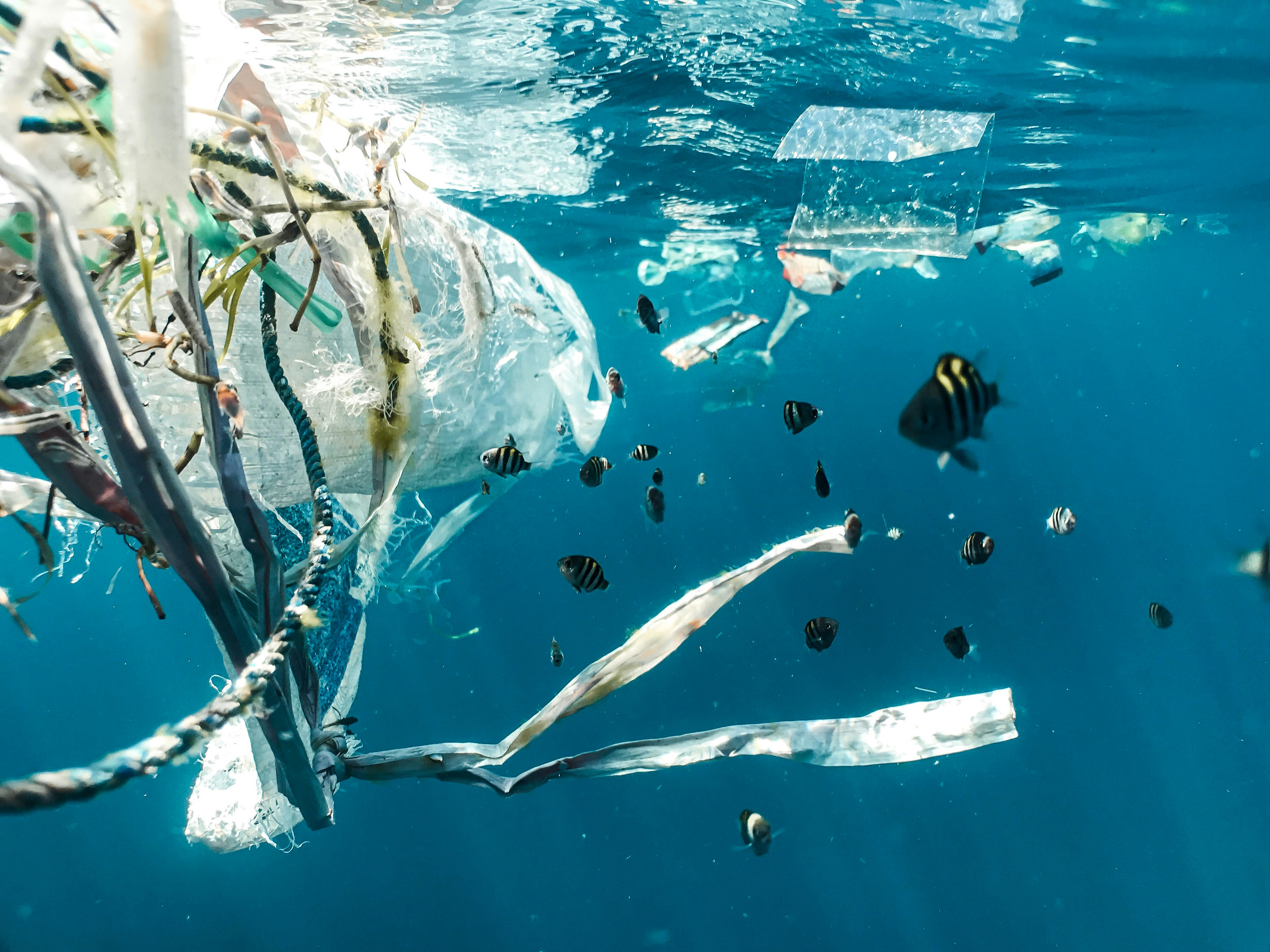
Green Solutions in Saudi Arabia – Innovations Driving Waste Management and Sustainability
Introduction: The environmental challenges in the Gulf and Saudi Arabia’s commitment to sustainability. (Saudi Arabia generates ~110 million tons of waste annually, and a new plan aims to recycle up to 95% of waste by 2040, adding about $32 billion to the economyarabnews.comarabnews.com.) Set the stage by mentioning Vision 2030’s environmental targets and the Saudi Green Initiative.
Government Initiatives & Policy: Key policies like the Waste Management Law, recycling programs, and national targets for landfill diversion (e.g. aiming to divert 82%+ of waste from landfills by 2035). Highlight large-scale projects (renewable energy, water conservation, 10 billion trees afforestation goal) that show government backing for green innovation.
Technological Innovations: How engineering and tech are revolutionizing waste management. Discuss waste-to-energy plants, recycling facilities with automated sorting, and the use of AI/IoT – for example, smart bins and route-optimized garbage collection. Mention cross-sector R&D (universities partnering with industry) to develop advanced recycling and biofuel from wastearabnews.com.
Public-Private Partnerships: The growing role of private companies in environmental services (waste collection, water treatment) under government contracts. Note that the waste management market in KSA is projected to grow from ~$6 billion in 2025 to ~$8.7 billion by 2030arabnews.com, creating opportunities for investors and innovative startups. Emphasize how collaboration between government bodies, corporations, and communities is vital for a circular economy.
Sustainability Impact for Industries: What do these green solutions mean for businesses in food, healthcare, and retail? Outline how companies are expected to comply with new recycling regulations, adopt sustainable packaging, and manage industrial waste responsibly. Demonstrate that embracing environmental innovation (like reducing waste and energy use) is not only socially responsible but also cost-effective and reputationally beneficial in B2B relationships.
Conclusion: Summarize Saudi Arabia’s position as a regional leader in environmental innovation – turning challenges into economic and social opportunities. Encourage readers (industry professionals) to engage in sustainability initiatives and invest in green technologies to future-proof their operations and support national goals.
